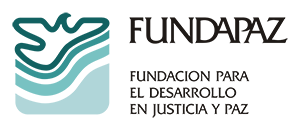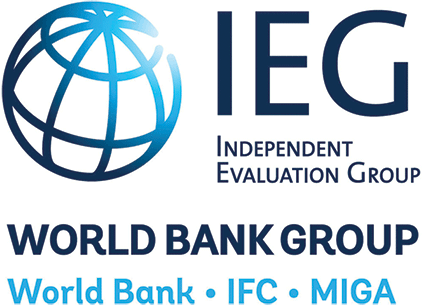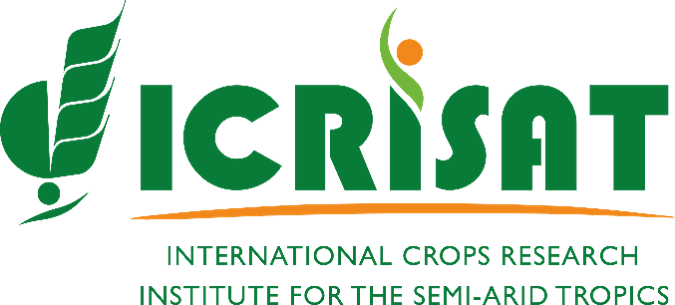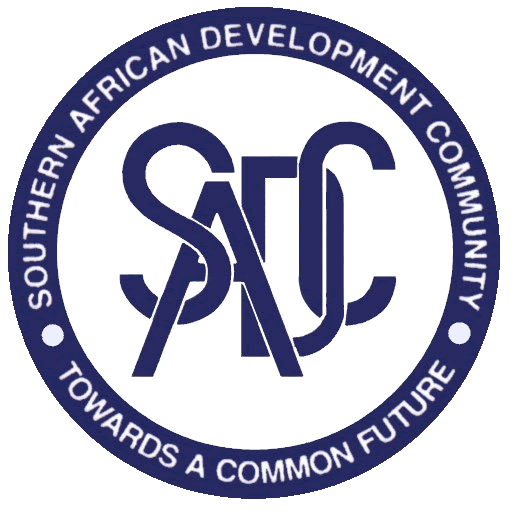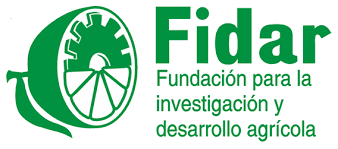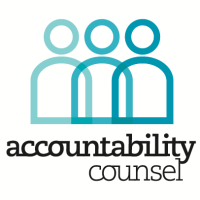Fundación para el Desarrollo en Justicia y Paz
La Fundación para el Desarrollo en Justicia y Paz – FUNDAPAZ –, es una organización civil, sin fines de lucro, que desde 1973 trabaja por el desarrollo rural sustentable, con comunidades indígenas y familias campesinas, en la región del Chaco argentino.
MISIÓN
Contribuir a reducir la pobreza rural en la región chaqueña, promoviendo la participación social, el uso sustentable de los recursos naturales y la articulación entre actores públicos y privados.
VISIÓN

